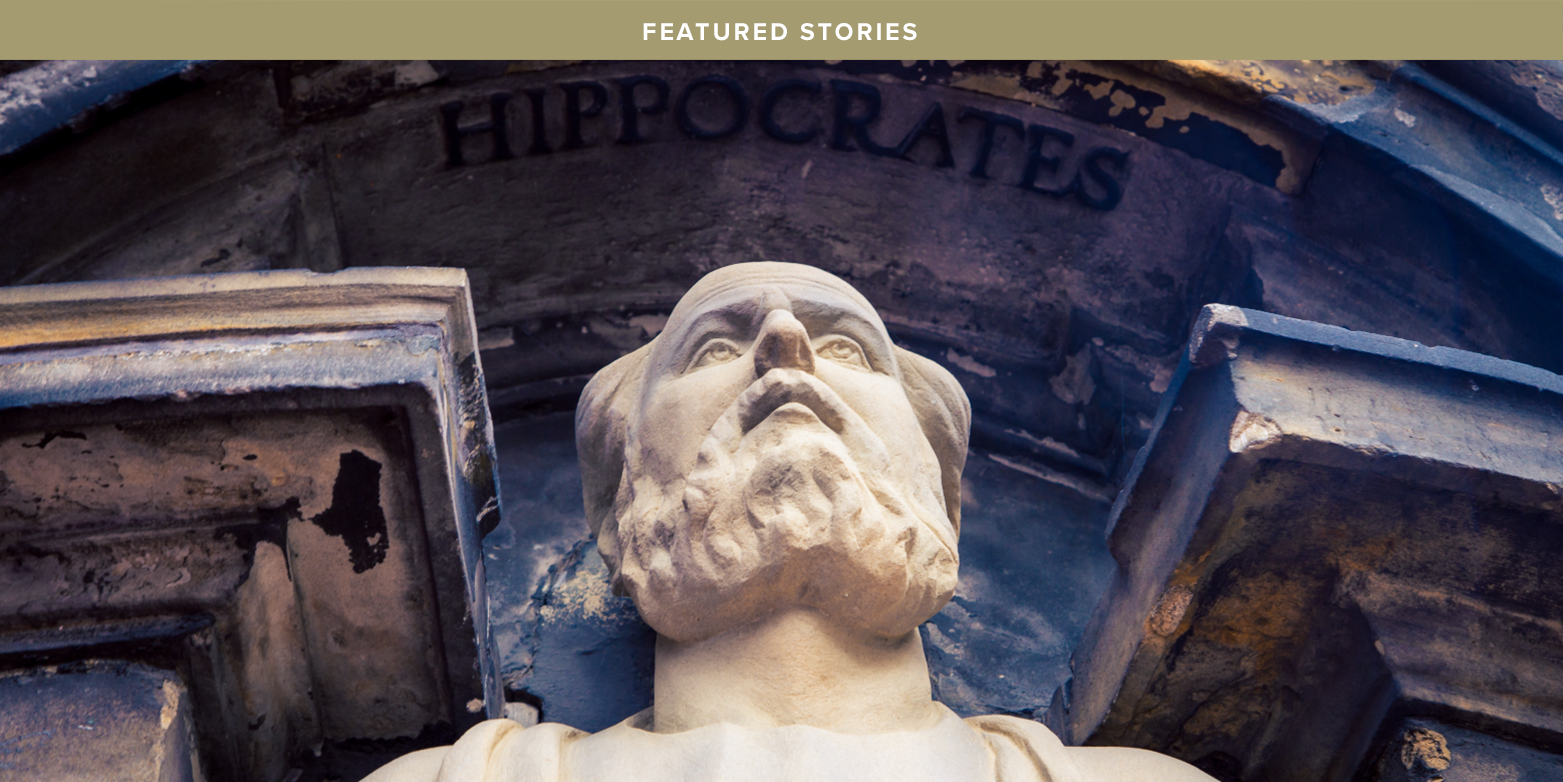The Ancient Foe
“Words, words, words.”
Thus did Prince Hamlet reply when the time-serving Polonius asked him what he was reading. The response was one of many utterances that showed forth the great pain that gripped Hamlet’s soul. Not only was he much aggrieved by the slings and arrows of outrageous fortune, he was surrounded by deception and lies—by words used to obfuscate the truth and to sustain injustice.
Sophistry has always found its uses and its patrons. As St. John Paul II observed a quarter-century ago, we are living through a “crisis of truth” that manifests itself as a “crisis of concepts” (Letter to Families #13). And that crisis of concepts—also necessarily a crisis of words—is fomented by today’s sophists: the “mass media are often implicated in this conspiracy, by lending credit to that culture which presents recourse to contraception, sterilization, abortion and even euthanasia as a mark of progress and a victory of freedom” (Evangelium Vitae #17).
In face of a culture of death that is perforce a culture of lies, it is worth reminding ourselves about the essential characteristics of the sophist. In this effort, Socrates comes to our aid, from the pages of Plato’s Protagoras, one of many dialogues in which the Gadfly’s earnest wit proved the nemesis of an unscrupulous facility with words.
The foe was Protagoras of Abdera (ca. 490—420 B.C.) an itinerant teacher of rhetoric who became one of the wealthiest and most successful of the sophists. As depicted by Plato, he bore the common characteristics of his fellow teachers of worldly wisdom. Socrates and his young charge, one Hippocrates, must seek him out at the home of a wealthy man; we learn that Protagoras was always to be found indoors. Unlike Socrates, who frequented the agora and accepted all comers in conversation, the Sophist carefully chose his audience. Moreover, it was an audience that paid him, whereas Socrates accepted no emolument.
Protagoras, of course, knew that only the wealthy could afford to buy their sons the pricey training he sold, and that the wealthy are few, so he traveled Greece gathering his students together. The practice was a cause of concern to Socrates. Readers today will see in Plato’s description of Protagoras a precursor to the tale of the Pied Piper: the Sophist attracted boys with a voice as musical as that of Orpheus and they followed him in chorus, that is, singing back to him his very words.
As the Sophist could not resist the chance to best the famous Athenian in debate, he accepted Socrates’ offer of conversation but specified that he wanted the whole room of men and boys to be their audience. His teaching was always performance. And so it unfolded from the outset. When Socrates asked him to clarify his conviction that virtue was teachable, Protagoras answered that he would explain by means of a story, for that would be “more enjoyable.”
In the hands of the great narrator Plato, the larger tale of Socrates’ conversation with Protagoras decisively unmasks the Sophist’s ignorance and thus his ill will. By turns employing the incisive questions for which he is famous and also a lengthy monologue in the very style of Protagoras but with infinitely greater skill, Socrates reveals that his adversary cannot explain his own position as well as Socrates himself can do it for him. The tables thus turned, their conversation ends, with the happy result that we hear no more of Socrates’ young friend’s interest in purchasing the Sophist’s instruction.
Tragedy was thus narrowly averted. For, as Socrates warned Hippocrates, the choice of a teacher involves entrusting the good of one’s soul to another. We all too often forget that we also entrust our souls to others when we consume media. And we do so at our peril, for the sophists have made a careful study of the ways in which words gain power over people today. Richard Rorty celebrated the fact that “the novel, the movie, and the TV program have, gradually but steadily, replaced the sermon and the treatise as the principal vehicles of moral change and progress.” He rejoiced in the irony that professional philosophers of his post-modern stripe had so many hundreds and thousands of willing accomplices in labor of convincing people that the human story is an “endless, proliferating realization of Freedom, rather than a convergence toward an already existing Truth.”
The new sophistry is the Ancient Foe wearing a new color. What must we do to withstand his lies and to discredit them? Certainly, we must take up the Socratic arms of dialectic. More essentially, we must remember the counsel of the Lord: “If you abide in my word . . . you will know the truth, and the truth will set you free” (Jn 8:31-2).







